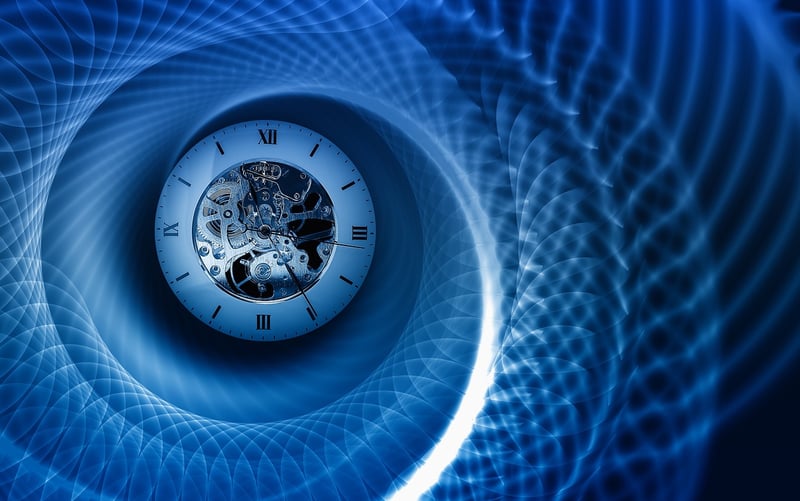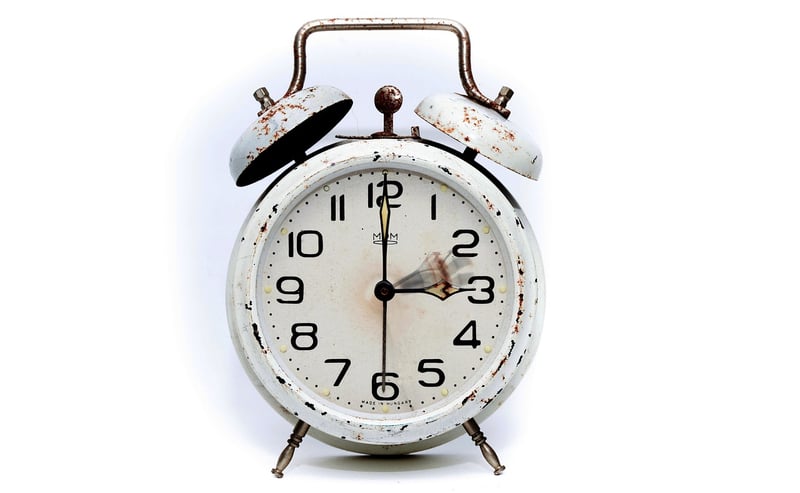Time Paradoxes
Answers to Common Queries About Time Paradoxes
What is a Time Paradox?
A time paradox is a theoretical situation in which an event or action leads to a contradictory or illogical outcome in relation to time. It often involves scenarios where cause and effect become muddled, creating a loop or inconsistency in the timeline.
Types of Time Paradoxes:
- Grandfather Paradox: If a time traveler were to go back in time and prevent their grandfather from meeting their grandmother, thus preventing their own birth, would they exist to go back in time in the first place?
- Bootstrap Paradox: An object or information exists without being created, leading to an infinite loop where the origin is unknown.
- Predestination Paradox: An event is caused by a future event, which in turn is caused by the initial event, creating a circular chain of causality.
Popular Culture References:
Time paradoxes have been popularized in various movies, TV shows, and books, such as "Back to the Future," "Interstellar," and "Doctor Who," often exploring the implications of altering the past or future.
Dealing with Time Paradoxes:
While time paradoxes are intriguing to consider, they exist primarily in the realm of science fiction and theoretical physics. Theories like the Novikov self-consistency principle suggest that the universe prevents paradoxes by ensuring events unfold in a self-consistent manner.
Further Reading:
For those interested in exploring time paradoxes further, books like "Time Travel and Warp Drives" by Allen Everett and Thomas Roman provide in-depth analysis of the subject from a scientific perspective.

Remember, while time paradoxes make for fascinating storytelling, the true nature of time and causality remains one of the most complex and debated topics in physics and philosophy.
For more insights into the intricacies of time travel and paradoxes, stay curious and keep exploring the mysteries of the universe!
